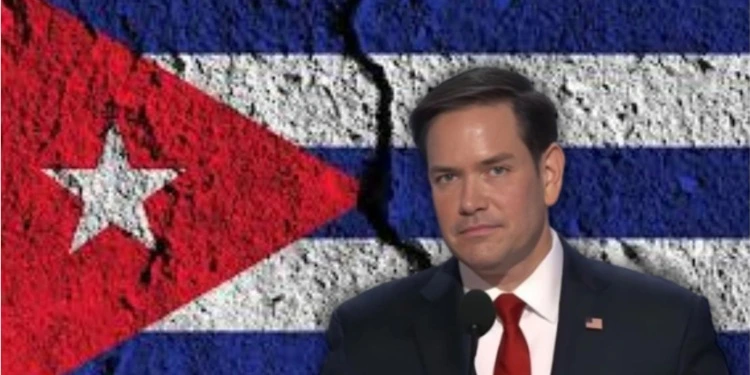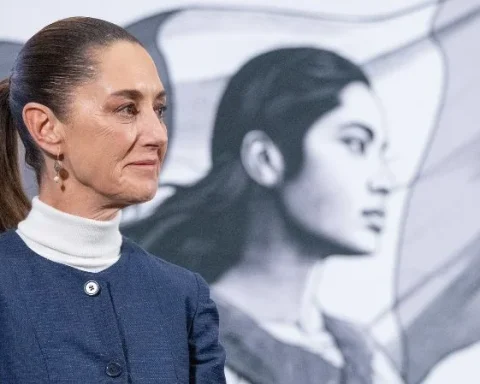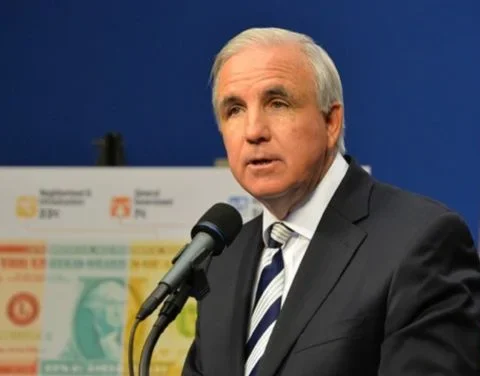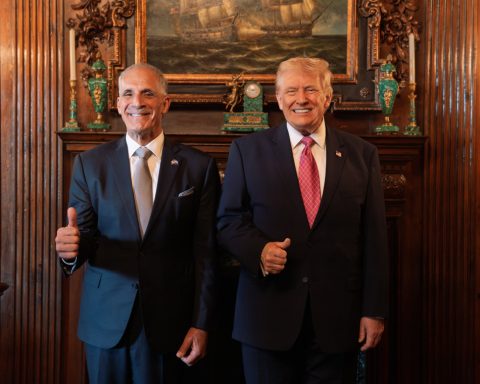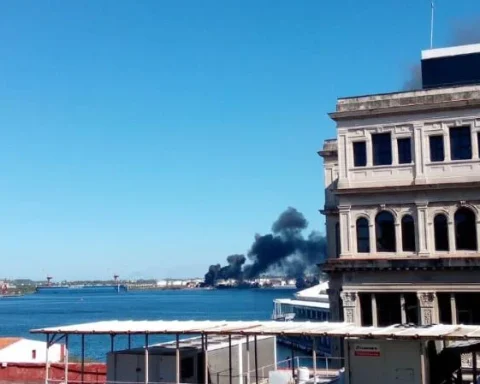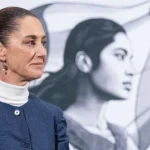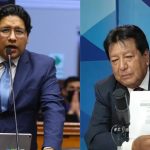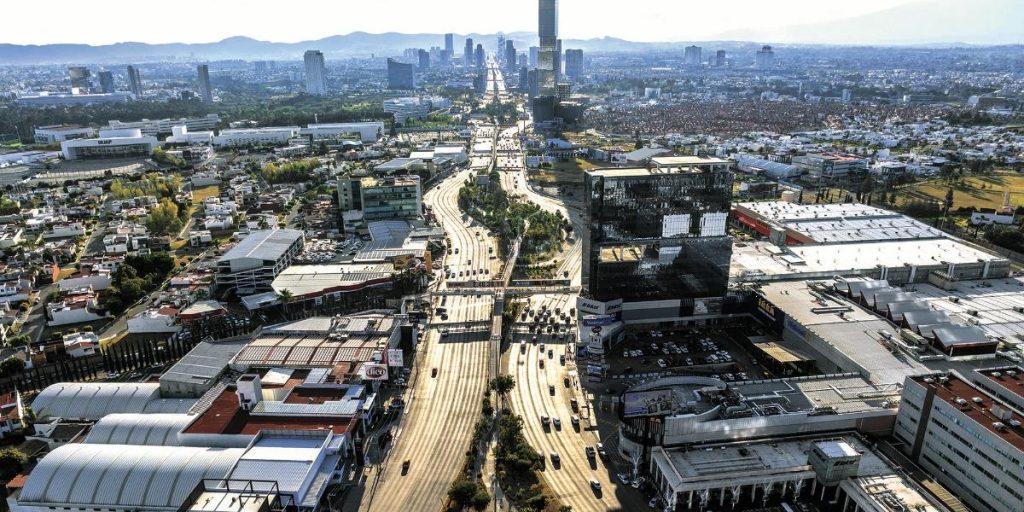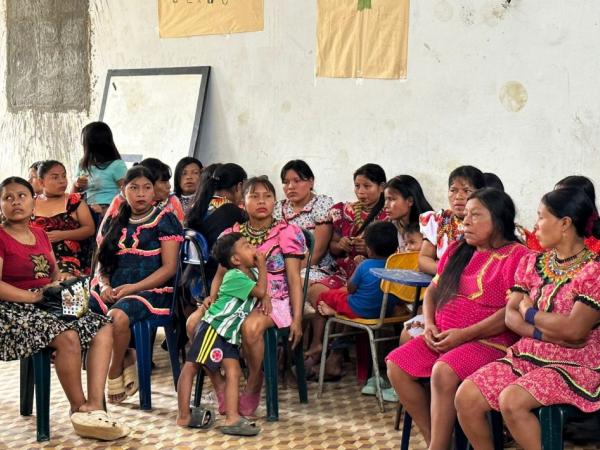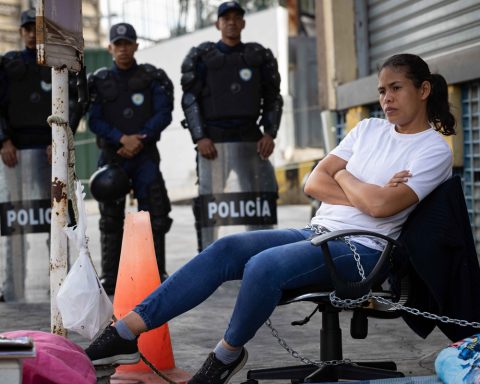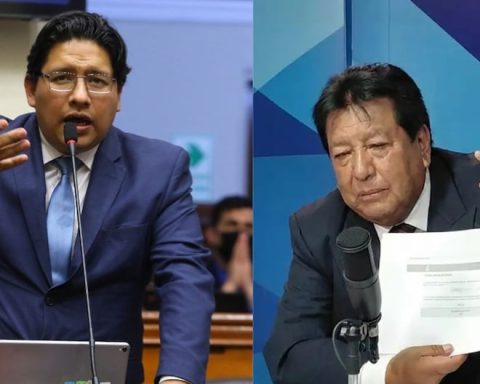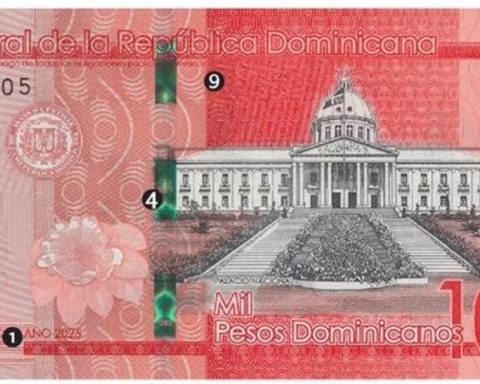SLP, Mexico.- After confirming this Wednesday that the president-elect of the United States, donald trump will nominate Cuban-American Senator Marco Rubio to serve as Secretary of State in his next administration, CubaNet rescues some of the statements of the Floridian, a fervent critic of the Cuban regime.
Blond53, is the son of Cuban immigrants and has stood out in the Senate for his firm positions on foreign policy. He has taken tough stances against China and Iran and has backed sanctions against the regimes of CubaVenezuela and Nicaragua.
Critical of the regime’s repression
Marco Rubio has supported the Cuban opposition and has condemned the acts of repression by which peaceful protesters who take to the streets to denounce human rights violations on the Island have been arrested.
In a statement published by Miami Heralddescribed the Castro government as “cynical” in the face of the popular expressions of discontent that had occurred in December 2020, and said: “The ongoing repression occurs at a time when the Castro-Díaz-Canel regime is facing a growing pressure of the Cuban people, who demand that their rights to freedom of expression and other basic freedoms be respected.”
In 2021, he spoke out against the denial of authorization for the peaceful march for change called by the society Cuban civilian for November 15.
His social network of Faced with the cry for freedom that the Cuban people so long for, who have been emphatic in their call for Homeland and Life, they choose to censor those who wanted to march peacefully on 15N.”
Likewise, he has demanded that the High Representative of the European Union for Foreign Policy, Josep Borrell, increase pressure on the Cuban regime to release imprisoned opponents.
“Zero tolerance”
For the senator, one of the keys to helping Cubans is to prioritize the demands of the people, which is why the policy must be “zero tolerance” towards the government elite.
One of the ways to support the people in their democratic transition involves financially paralyzing the regime, as it has declared.
Sanctions relief, on the other hand, would give political legitimacy to the repressors that for decades have gone against the Cubans.
In September of this year, Rubio criticized Joe Biden for reactivating some types of nonimmigrant visas (NIV) in Cuba, which benefited athletes, people with extraordinary abilities or members of religious groups.
In this regard, the senator and other American politicians pointed out that the expansion of services at the embassy in Havana only favored the regime and endangered the national security of the United States.

The regime, “a serious threat”
In August, both Rubio and Rick Scott presented a resolution in the Senate that condemns the Cuban regime for its serious violations of human rights and its role as a refuge for nations that represent threats to the national security of the United States.
The resolution highlights the Cuban Government’s continued violations against its citizens and its collaboration with adversary nations such as China, Russia, Iran and Venezuela. Rubio and Scott emphasize the urgent need for the United States to counteract the destabilizing influence of the Island regime, which has increasingly aligned itself with these nations, facilitating its presence just 90 miles from the American coasts.
The document also demands greater accountability from Miguel Díaz-Canel for his repressive actions and his role in undermining regional stability.
Previously, upon the announcement to remove Cuba from the list of countries that do not cooperate with the United States’ anti-terrorist efforts, the Cuban-American senator described it as an “absurd move.”
“The criminal and illegitimate regime of Havana “supports foreign terrorist organizations in Colombia, and harbors ETA terrorists, as well as fugitives wanted by US courts,” he stated in his message.
Migration and ‘humanitarian parole’: “Who pays for this?”
Marco Rubio has refused On several occasions the program parole launched by the Biden administration on January 5, 2023, to grant 30,000 visas to migrants from CubaNicaragua, Haiti and Venezuela.
In an interview, He considered that there should be a sustainable system “that protects the interests of this country as well.”
For the Republican senator, the solution is not to receive all migrants who want to leave their countries in crisis in the United States, but to generate political changes in those nations.
“This is a country of immigrants, but no country in the world can handle 3,000 people entering every day. Who pays for this? Who is going to bear the costs of this? No country in the world allows it, nor does Canada allow this. So this country cannot allow it either,” he argued.
“The solution is to strengthen our laws and work as much as possible to create a process – which will be slower than people want – but a process so that some people can come,” he concluded.
The Cuban and Venezuelan dictatorships “have a destabilizing role”
In a releasehighlighted a few years ago that the communist dictatorships of Cuba and Venezuela “continue to play a destabilizing role” in terms of the fight against terrorism and drug trafficking on the continent.
“The illegitimate regime of Nicolás Maduro continues to host terrorists such as the National Liberation Army (ELN) and dissidents of the Revolutionary Armed Forces of Colombia (FARC) within its borders,” said the Republican senator.
“These terrorist organizations recognized by the State Department enrich Maduro’s narco-dictatorship and threaten our regional allies and US national security interests in the hemisphere.”
Marco Rubio stressed that “the certification of the State Department of countries that are not cooperating with US counterterrorism efforts reiterate the threat posed by corrupt regimes around the world.”
“The Cuban regime does not allow economic development”
Through his social networks, he has criticized the Government of Cuba for do not open economic development of the Island, and use the historical justification of the embargo for its control agenda.
“If the Cuban regime allowed its people to operate their businesses freely, Cuba’s economy would progress,” Rubio wrote on his X social network account in 2019.

“Unfortunately, the absolute control of the communist party over the country’s economy will never allow the country’s development. The people deserve Economic Freedom,” added the politician, a staunch critic of the dictatorship established by the Castro brothers in 1959.
